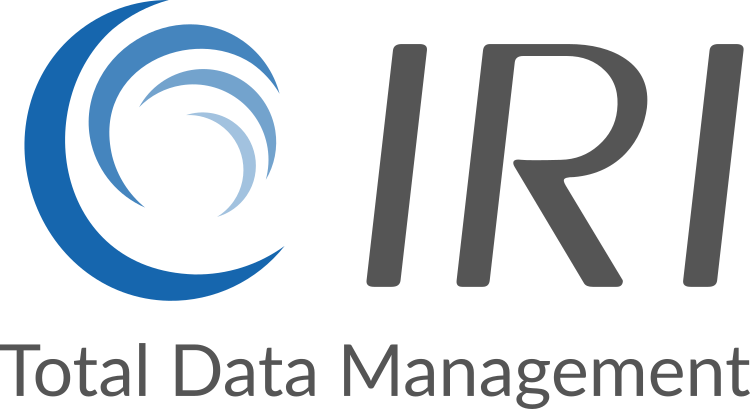Convert COBOL Data Types
IRI software can translate fields with Micro Focus (MF) and Ryan-McFarland (RM)-compatible data. Both IRI CoSort and IRI NextForm can convert fields from these types to others, and from other data types into COBOL types. See:
For CoSort users, data type conversions like MF_CMP3 (packed decimal) to NUMERIC, and EBCDIC to ASCII, can also occur in the context of sorting and other jobs. The CoSort SortCL Control Language (SortCL) program combines data migration with data staging (transformation), data masking, and reporting.
A free COBOL copybook translation utility (called cob2ddf) converts file dictionary (FD) layouts into data definition file (.DDF) metadata repositories that any IRI product can use. Leverage your existing metadata to make it easier to convert the data it defines.
Convert Endian Types
CoSort can also handle the conversion and processing of data in big and little endian formats, at either the file or field level. Regardless of whether the original dataset is from a big endian (mainframe) machine or little endian, CoSort can process it, support data on either platform, and retain or convert endianness based on big, little, or byte-order-mark specifications. See:
Convert Index, Variable Length & Blocked Files
CoSort and NextForm can also convert a number of proprietary COBOL sequential and index file formats to other file formats like CSV, fixed text, and XML. Source files can be in ACUCOBOL-GT Vision and MF-ISAM index file format, or have Micro Focus variable length (MFVL) long or short records. Other supported file formats include Line Sequential, Record Sequential, Variable Sequential, Text, Blocked, and LDIF.
Define your input and output file formats along with your desired record and field layouts. Write a SortCL job script by hand or define it visually in the IRI Workbench GUI, built on Eclipse. Use the same script to define data transformations, data-type conversions, field-level protections (like masking or encryption), and generate reports.
Merge COBOL file data with database tables and files in other formats at the same time. Target output to tables and files in one or more formats. See:


